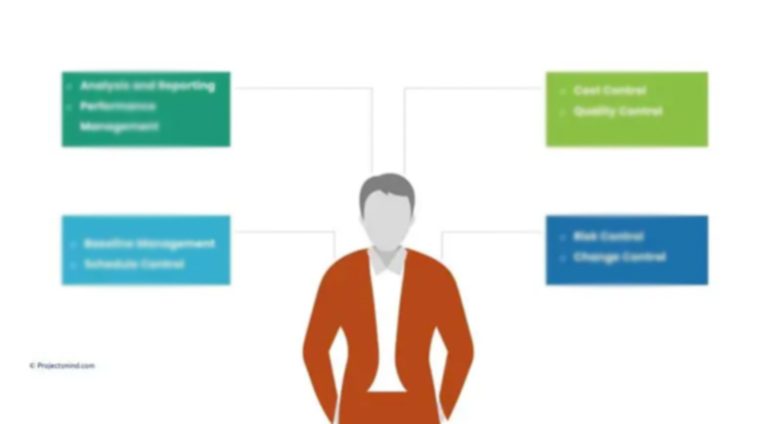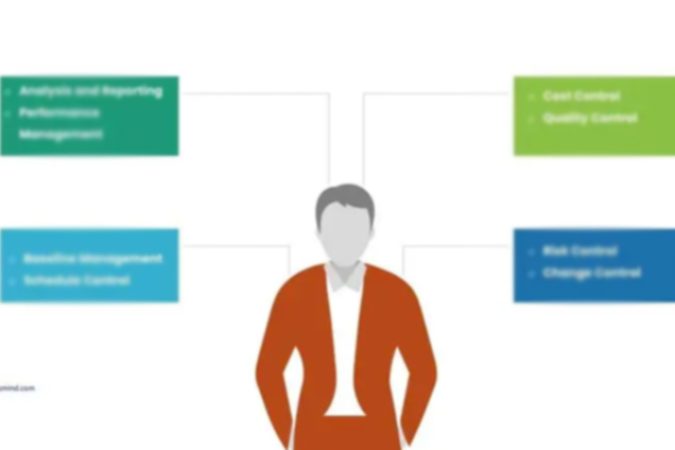PCMAPC-Agile Project Controls Flexibility in Dynamic Environments 01
Introduction
Agile Project Controls provide a flexible approach to managing cost, schedule, and scope in dynamic project environments. This beginner-level course introduces the fundamental principles of Agile project control, including adaptive planning, iterative tracking, and real-time performance monitoring. Designed for professionals new to Agile, this course provides a structured introduction to integrating Agile methodologies into traditional project controls.
Date
Day | Time | Price | Country |
|---|---|---|---|
Mon – Wed | 8:00 – 10:00 | $5/hrs | Turkey |
Tue – Thu | 18:00 – 19:00 | $5/hrs | Turkey |
Wed – Fri | 20:00 – 21:00 | $5/hrs | Turkey |
Sat – Sun | 18:00 – 19:00 20:00 – 21:00 | $8/hrs | Turkey |
This Training Course Will Highlight
- The fundamentals of Agile project controls and their importance.
- Key differences between traditional and Agile project control frameworks.
- Iterative planning and adaptive project tracking techniques.
- The role of real-time performance monitoring in Agile project environments.
- Best practices for implementing Agile controls in small- to mid-scale projects.
Objectives
By the end of this course, participants will be able to:
- Understand the principles of Agile project controls.
- Implement iterative planning and rolling-wave scheduling.
- Track project progress using Agile metrics and dashboards.
- Manage changes in scope, cost, and schedule using Agile methodologies.
- Improve decision-making through real-time project adjustments.
Training Methodology
- Instructor-led sessions with practical Agile applications.
- Hands-on exercises in Agile project tracking tools.
- Group discussions on challenges in Agile project control.
- Case study on Agile implementation in small-scale projects.
- Step-by-step demonstrations of Agile dashboards and reporting techniques.
- Interactive problem-solving sessions for Agile performance optimization.
Organizational Impact
- Increased adaptability to project changes and risks.
- Improved collaboration between teams using Agile workflows.
- Faster response times in project adjustments and decision-making.
- Enhanced transparency and accountability in project execution.
- Greater efficiency in cost and schedule management through Agile tracking.
Personal Impact
- Strong foundation in Agile project control methodologies.
- Practical experience in using Agile tracking tools and techniques.
- Improved ability to handle changing project requirements.
- Enhanced skills in iterative planning and performance measurement.
- Career advancement opportunities in Agile project management.
Who Should Attend?
- Entry-level project managers.
- Project coordinators and planners.
- Engineers and site supervisors.
- Scrum Masters and Agile practitioners.
- Business analysts involved in Agile project execution.
- Procurement and contract professionals.
- Professionals transitioning into Agile project controls.
Course Outline
Day 1
Introduction to Agile Project Controls- Understanding Agile principles and methodologies.
- Agile vs. traditional project control frameworks.
- The Agile Manifesto and its impact on project controls.
- The role of iteration and feedback loops in Agile.
Day 2
Agile Planning and Adaptive Scheduling- Introduction to rolling-wave planning.
- Sprint planning and backlog management.
- Story points and velocity-based scheduling.
- Using Kanban boards and burndown charts.
Day 3
Real-Time Monitoring and Agile Performance Metrics- Tracking Agile project progress with burn charts.
- Measuring sprint performance using Agile KPIs.
- Monitoring cycle time and lead time in Agile workflows.
- Agile reporting techniques for cost and schedule management.
Day 4
Managing Scope, Cost, and Schedule in Agile Projects- Handling evolving project scope with Agile frameworks.
- Cost control strategies in Agile project management.
- Adjusting project schedules using iteration-based planning.
- Risk management techniques in Agile project environments.
Day 5
Agile Project Control Best Practices and Case Study- Aligning Agile controls with business objectives.
- Best practices for Agile project tracking and reporting.
- Continuous improvement through Agile retrospectives.
- The future of Agile project controls in dynamic industries.
Cancellation policy
no refund is accepted
Certificate


Step Into a World of Knowledge and Growth
Courses you might be interested in
-
0 Lessons
-
0 Lessons

